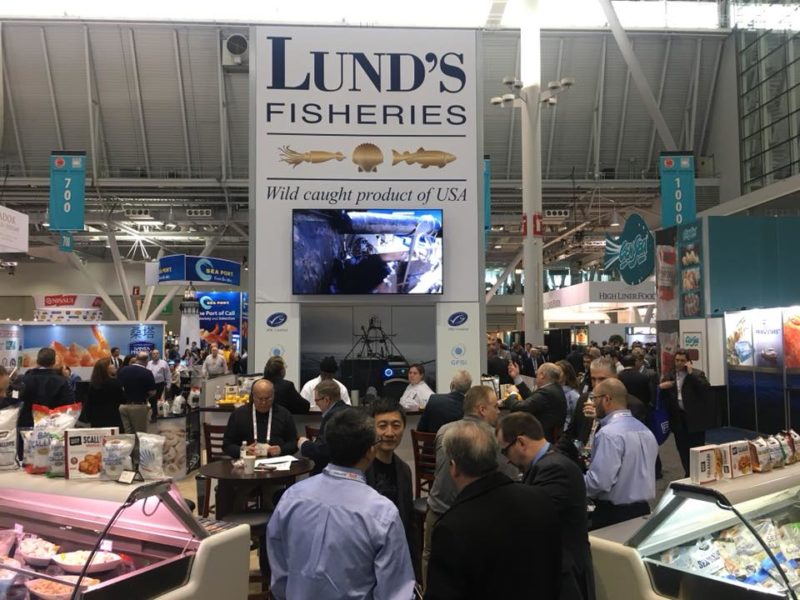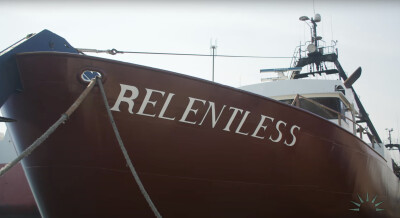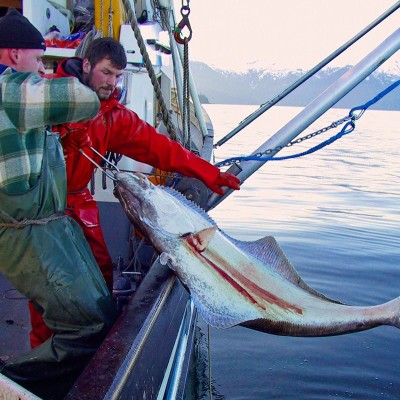Sustainability stamp could help push squid into new markets
Last summer, two major Atlantic squid wholesalers — Lund’s Fisheries in Cape May, N.J., and the Town Dock in Point Judith, R.I. — jointly entered a process that could result in the East Coast inshore Atlantic loligo (longfin) squid fishery obtaining Marine Stewardship Council Certification as early as May 2018.
About 60 fisheries have been MSC certified in the United States. East Coast loligo would be the first squid fishery to receive MSC certification.
The loligo assessment, facilitated by independent certifier SCS Global Services, has been a year-long, multistep process, and the peer review stage is nearing fruition this spring.
“It can take anywhere from eight to 18 months, depending on the scope of assessment,” said Maggie Dewane, MSC's U.S. communications manager. “Because of the pre-assessment process, which highlights any weaknesses within the fishery, which can then be addressed prior to entering assessment, most fisheries are able to achieve certification."
Both companies hope an eventual MSC certification will help push Atlantic inshore loligo squid into new markets and meet the needs of customers that otherwise were previously out of reach.
“The Town Dock decided to co-assess squid with Lund’s because we started seeing an uptick in requests for certified sustainable squid products,” says Katie Almeida, a fishery policy analyst at the Town Dock. “These days, you are seeing an increase in public interest in where food comes from and how it is harvested, so we see this as a good move to ensure the public that they are consuming a sustainable sourced food source.”
It is becoming more common for both export and domestic markets to seek sustainably certified seafood.
“Third-party certifications are becoming a cost of doing business in a growing number of markets today. Customers can be assured that the fishery is being managed in a way that will guarantee the longevity of the fishery, the resource and the communities they support,” said Jeff Kaelin of Lund’s.
If the loligo fishery is certified, the Northern illex (shortfin) squid fishery could receive an expedited assessment soon after.
Both Lund’s and the Town Dock are approaching sustainability certification as a trend that is here to stay. It remains to be seen how this designation would affect markets, and if it would signal to consumers home and abroad that the product they take home (often known as Boston squid) is sustainable and well managed.
In 2016, fishermen in Rhode Island hit record loligo squid landings, catching about 40 million pounds valued at $49.89 million, buoyed by high worldwide demand. Despite a strong start to the 2017 season (with fishermen earning $1.50 per pound dockside) the industry ended up with a relatively poor 2017 loligo season overall. By year's end, fishermen had landed just 17.9 million pounds, or 36 percent, of the 49.5 million pound quota, according to Jason Didden of the Mid-Atlantic Fishery Management Council.







